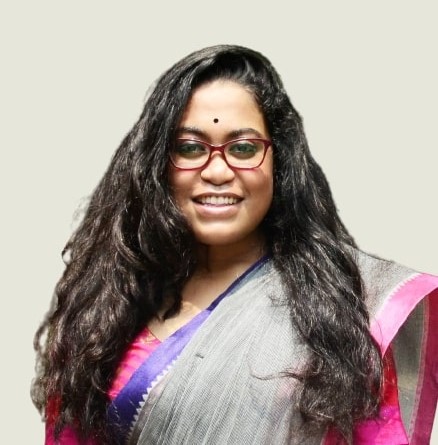Conflict Alerts # 524, 29 June 2022
 Rishma Banerjee
Rishma Banerjee In the news
On 25 June, a gunman opened fire near the London Pub in Oslo, Norway. Two people were killed and ten seriously injured. The gunman, a 42-year-old Norwegian citizen from Iran, targeted three locations: the London Pub, one of the most popular places for the LGBTQ community, the Herr Nilsen jazz club and a nearby takeaway outlet. Following the attacks, the Oslo pride parade, an annual pride festival of Norway, was cancelled.
On 26 June, prior to a pride march, police in Turkiye arrested activists, journalists, and photographers from bars in the Cihangir district of Istanbul. They detained people who had gathered for the march. Previously, the authorities had also issued a seven-day ban on gatherings from 20-26 June to prevent the march altogether. Earlier in June, Turkiye’s police arrested and reportedly tortured 11 LGBTQ activists who had gathered to celebrate the beginning of pride month.
Issues at large
First, targeted violence against LGBTQ community. Pride marches and protests have been primary targets of homophobic attacks, since they began. At Olso, the shooting is being termed as Islamist terrorism. However, the fact that he opened fire in a spot popular with the LGBTQ community indicates his hatred for sexual minorities. In 2021 in Georgia, a planned March for Dignity as a part of pride celebrations was cancelled after far-right protests violently attacked participants and journalists. In the same year, the organisers of Zagreb Pride in Croatia reported: “For the first time in ten years… there was an outbreak of homophobic fascist violence, in a series of attacks, arsons and insults, in different parts of the city.” The above are some examples of violence against the LGBTQ community during Pride Month.
Second, increasing LGBTQ space. In the last decade, pride-related events have multiplied in Europe, not only in metro cities but also in rural spaces. The increasing LGBTQ spaces stem from a need to deviate from the otherness created by traditionally heterosexual societies.
Third, the state's apprehension towards the LGBTQ community. In Turkiye, homosexuality is not criminalized. However, there is a distinct difference between what is enshrined in the constitution and what the state apparatus practices. Similarly other states in Europe promote this standpoint by arguing that gender theories endanger Christian values.
In perspective
First, disparity in social awareness. There is a disparity in the growth in gender identity and gender expression, compared to the social awareness in countries across the globe. In traditionally conservative societies, where homosexuality is criminalised, it is likely that people are discriminatory towards the LGBTQ community, as in the shooter's case in Norway, originally from Iran where homosexuality is punishable by death.
Second, the rise of nationalist-conservative politicians. Scapegoating of LGBTQ minorities has been increasing, because of the rise of ultra-conservative and nationalist politicians. These politicians position themselves as the protectors and promoters of traditional values.
Third, shrinking liberal spaces across Europe. In Romania, Hungary and Russia, the countries have legislations that ban minors from being exposed to what they call “gay propaganda.” A report by ILGA-Europe showed that violence and hatred towards the community has been on the rise not only in countries with a history of exclusionary laws, like Poland and Hungary, but also in France and Germany, which are viewed as progressive.
Fourth, the LGBTQ community’s response to attacks. The LGBTQ community is not new to discrimination. Violent attacks definitely curb the vigour of a protest or celebration as these pride marches tend to be. However, crackdowns by either individuals, groups or even the state have not succeeded in cancelling a march for good.